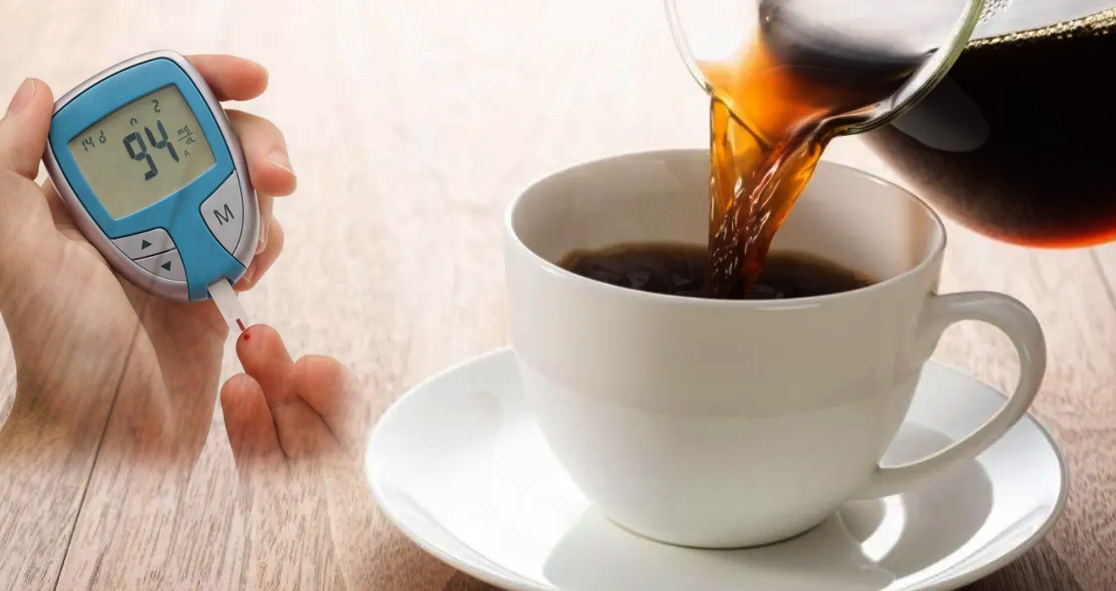A new study, published in the British Journal of Nutrition, has found that a strong, black coffee right after waking up from a bad night’s sleep could impair your control over blood sugar levels.
Researchers from the Centre for Nutrition, Exercise & Metabolism at the University of Bath, UK, examined the effect of poor sleep and morning coffee using different metabolic markers.
The team has shown that while one night of broken sleep has a limited impact on one’s metabolism, drinking a strong coffee to kick-start their day can have a negative effect on blood sugar control, giving rise to long-term complications.
The findings highlight that one night of disturbed sleep did not affect the study participants’ blood sugar or insulin responses at breakfast.
Previous studies have shown that losing many hours of sleep over one night or even multiple nights can have some negative effects on metabolism.
Citing the findings of their study, the investigators explained that a strong, black coffee consumed right after waking up or before breakfast significantly increased the blood sugar response to breakfast by nearly 50%.
Prof. James Betts of the University of Bath, who oversaw the work, said, “We know that nearly half of us will wake in the morning and, before doing anything else, drink coffee — intuitively the more tired we feel, the stronger the coffee. This study is important and has far-reaching health implications as up until now we have had limited knowledge about what this is doing to our bodies, in particular for our metabolic and blood sugar control.”
“Put simply, our blood sugar control is impaired when the first thing our bodies come into contact with is coffee especially after a night of disrupted sleep,” he added. “We might improve this by eating first and then drinking coffee later if we feel we still feel the need it. Knowing this can have important health benefits for us all.”
Lead author Harry Smith said, “These results show that one night of disrupted sleep alone did not worsen participants’ blood glucose/insulin response to the sugary drink compared to a normal night of sleep which will be reassuring to many of us. However, starting a day after a poor night’s sleep with a strong coffee did have a negative effect on glucose metabolism by around 50%.”
“As such, individuals should try to balance the potential stimulating benefits of caffeinated coffee in the morning with the potential for higher blood glucose levels and it may be better to consume coffee following breakfast rather than before., “ he continued. “There is a lot more we need to learn about the effects of sleep on our metabolism, such as how much sleep disruption is necessary to impair our metabolism and what some of the longer-term implications of this are, as well as how exercise, for instance, could help to counter some of this.”























